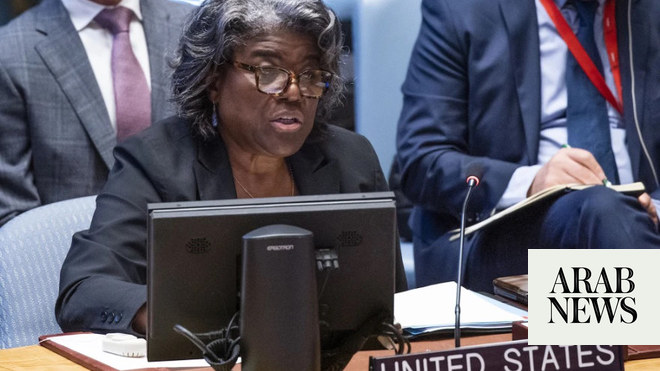
The Hague-based Organization for the Prohibition of Chemical Weapons (OPCW) opened an investigation in recent chemical weapons attacks in rebel-held Eastern Ghouta near the Syrian capital, diplomatic sources told Reuters exclusively.
The OPCW launched the investigation on Sunday amid reports of the repeated use of chlorine bombs in Ghouta this month, they said,
Political leaders in France, the United States and United Kingdom said this month they would back targeted military action against Damascus if there were proof of chemical weapons use by the regime of Bashar Assad.
The investigation comes as Russia ordered the establishment of an evacuation corridor and five-hour daily truce to allow residents to leave Eastern Ghouta, where 400,000 people are living under siege and bombardment.
Among the attacks the OPCWs fact-finding team will examine is one on Sunday which local health authorities said killed a child and caused symptoms consistent with exposure to chlorine gas, the sources said.
The OPCW did not immediately respond to a request for comment.
The sources spoke on condition of anonymity because they were not permitted to discuss the operation in public.
Use of chlorine as a chemical weapons is prohibited under the 1997 Chemical Weapons Convention. If inhaled, chlorine gas turns into hydrochloric acid in the lungs and the build-up of fluids can drown victims.
The latest OPCW mission is seeking to determine whether chemical weapons were used in violation of the international weapons convention which Syria signed in 2013 after hundreds died in a massive sarin gas attack in Ghouta.
The OPCW will not assign blame.
The team does not intend to travel to Ghouta because of safety concerns - two previous visits by inspectors in 2013 and 2014 were ambushed - but will gather witness testimony, photographic and video evidence, and interview medical experts.
The United States fired 59 cruise missiles at Syrias Shayrat airbase in April, saying it had been used by Assads forces to carry out a sarin attack on Khan Sheikhoun that killed more than 80 people, many of them women and children.
Syria and its close ally Russia, which provides military support to Assads forces, deny using chemical weapons and blame insurgents.
A UN-OPCW Joint Investigative Mechanism, established by the United Nations to identify those responsible for chemical weapons attacks, concluded in 2016 that Syrian regime had used chlorine as a chemical weapon in three cases.
It concluded last year that the regime forces were also behind the sarin nerve agent attack on Khan Sheikhoun. A renewal of the missions mandate was vetoed by Moscow at the UN Security Council.
The use of chemical weapons has become systematic in Syrias seven-year war, but political rifts between Western powers and Russia have hamstrung the United Nations and the OPCW, leaving them unable to act against violations of international law.
Earlier, British Foreign Secretary Boris Johnson said his country would consider joining US military strikes against the Syrian regime if there is evidence chemical weapons are being used against civilians.
He hoped Britain and other Western nations would not stand by in the event of a chemical attack, voicing support for limited strikes if there is "incontrovertible evidence" of the regime involvement.
"If we know that it has happened, and we can demonstrate it, and if there is a proposal for action where the UK could be useful then I think we should seriously consider it," Johnson told BBC radio.
"What we need to ask ourselves as a country and what we in the West need to ask ourselves, is can we allow the use of chemical weapons, the use of these illegal weapons to go unreproved, unchecked, unpunished," he added.
Britain is part of the US-led coalition involved in air attacks on ISIS in Syria and Iraq, but the government lost a parliamentary vote on the use of force against the regime in 2013.











